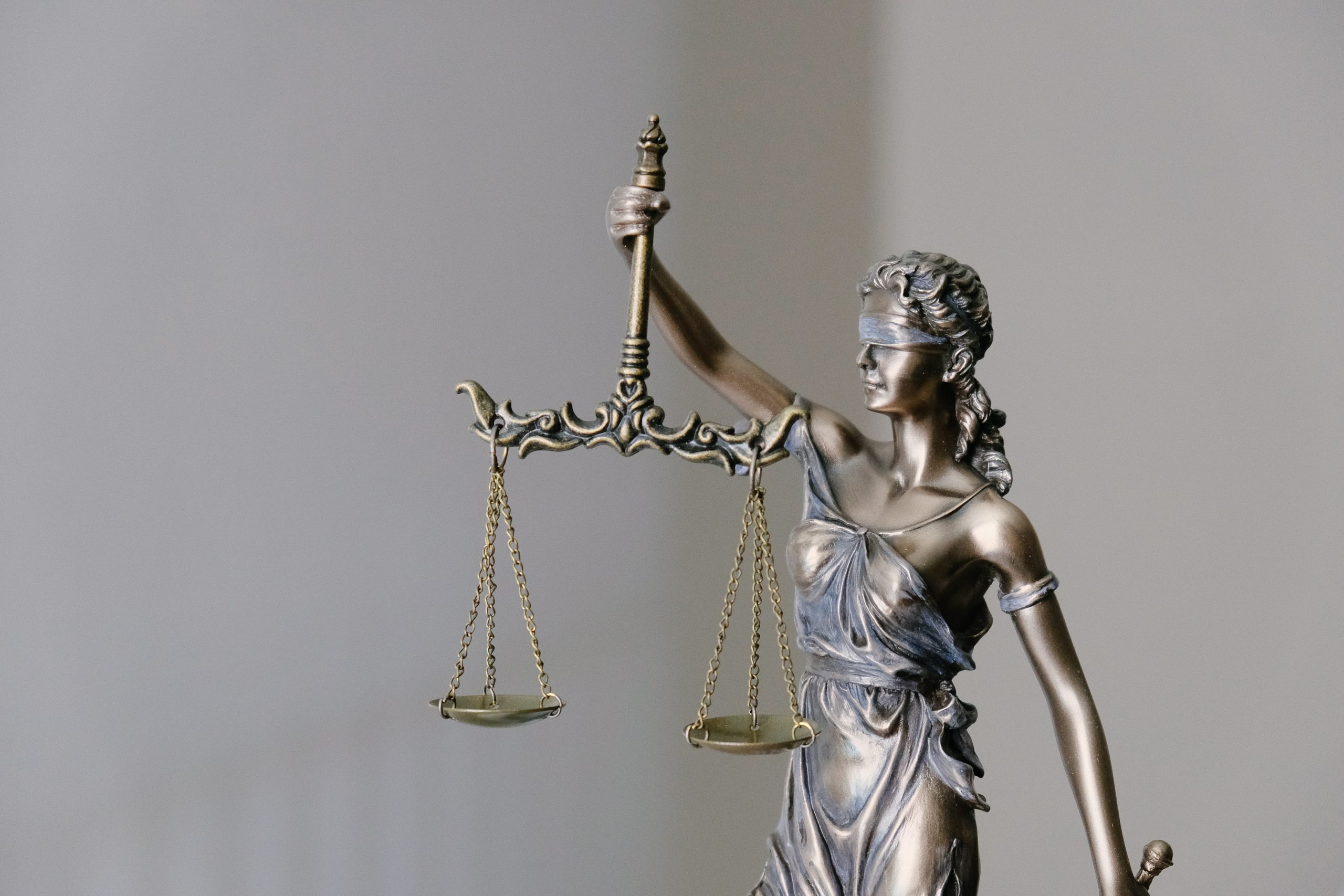A new dawn to cannabis enthusiasts in Louisiana as a newly signed law decriminalizing possession of low quantities of cannabis took effect on Sunday, August 1, 2021.
The proposed House Bill 652 (HB 652), sponsored by State Rep. Cedric Glover and Louisiana Progress, was signed into state law by Gov. John Bel Edwards on June 14, 2021, scraping off jail terms for low-quantity cannabis possession offenses.
Under the new law, people convicted of illegal possession of up to 14 grams of cannabis will be liable to a fine of up to $100 or face court summons without any possibility for imprisonment or facing jail terms regardless of whether a person has a prior conviction or not.
For those who cannot pay the fines, the court, at its discretion, will use alternatives such as community service or fines payment by instalments. The law enforces up to 14g possession offences by summons, just like a traffic ticket.
Being one of the states that has had stringent anti- cannabis legislation in the past decades, the new law reflects Louisiana’s changing view of the Cannabis industry.
While many reforms have been put in place, Louisiana is one of the US states with the most progressive cannabis reforms, burying its past when it was known as the incarceration capital of the US due to the punitive laws that sent many people of color into jails.
What Has Changed So Far Under the New Law?
Unlike the SB 143, which imposed a fine of $300 and 15 days behind bars for first-time offenders and an incremental punishment of up to $5000 fine and eight years behind bars for subsequent convictions for the same amount, the new legislation has given the offenders a landmark relief.
The historic Act 247 has reduced the fines to up to $100 for the first and subsequent conviction as long as the amount of the substance possessed isn’t above 14 grams. Also, no one would be sentenced to a jail term for failing to raise the fines. Instead, the victim would be allowed to pay the fines in instalments or go for community service.
However, one thing remains unchanged: recreational cannabis is illegal at federal and state levels in Louisiana, and the newly passed law does not legalize it either.
Benefits of Cannabis Decriminalization under Act 247
Avoiding the incarceration of many law-abiding citizens for petty offenses could help save the workforce in the law enforcement units, help families from unforeseen attrition, and save taxpayers money spent to keep them in prisons.
Additionally, the new law would help the law-abiding Louisianans from being viewed as criminals for possessing law amounts of cannabis.
According to Gov. John Bel Edwards statement, the new legislation is something he never took lightly. The Governor emphasized that Louisiana should no longer incarcerate its citizens for minor offenses legal in other states, thereby ruining their lives, destroying families and costing taxpayers greatly.
NORML State Policies Manager Carly Wolf also praised the legislation, terming it as “… much-needed policy change for Louisiana.”
“The passage of this legislation is great progress toward ending the racially discriminatory policy of branding otherwise law-abiding Louisianans as criminals for minor cannabis possession offences when law enforcement should instead be focusing on fighting legitimate crime,” added Carly Wolf.
According to in-depth analysis, African-Americans are three times incarcerated for possession of small quantities of cannabis compared to their white fellows, while the rate could be as high as six-times the rate of whites in cities like Baton Rouge.
With cannabis either legalized or decriminalized in more than 20 states, the intensifying efforts and progressive cannabis reforms in Louisiana brings cannabis legalization in the state closer each time as a considerable number of legislators strongly consider legalization.
